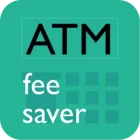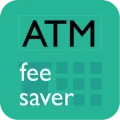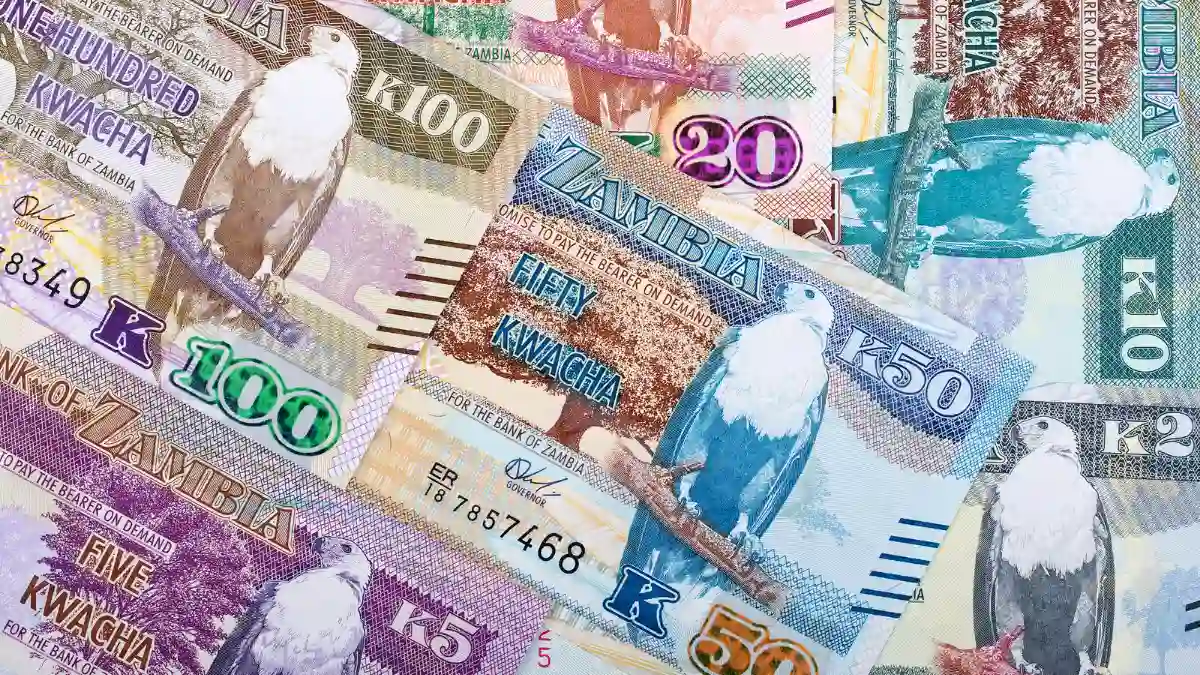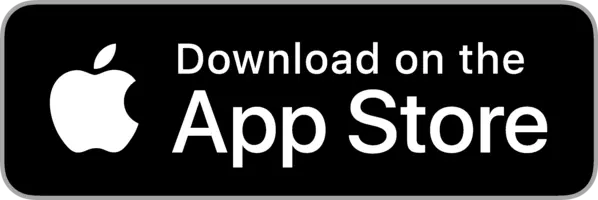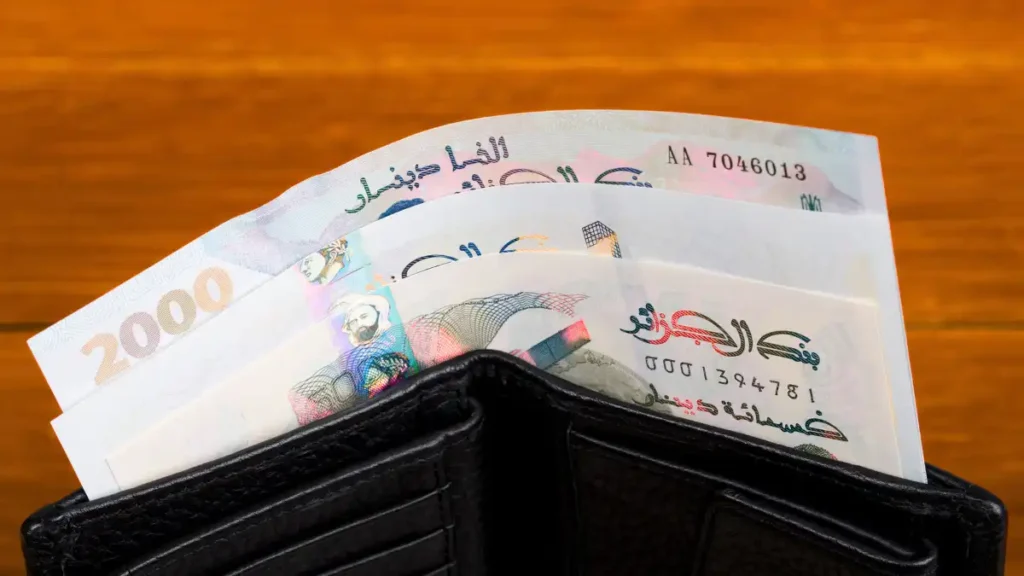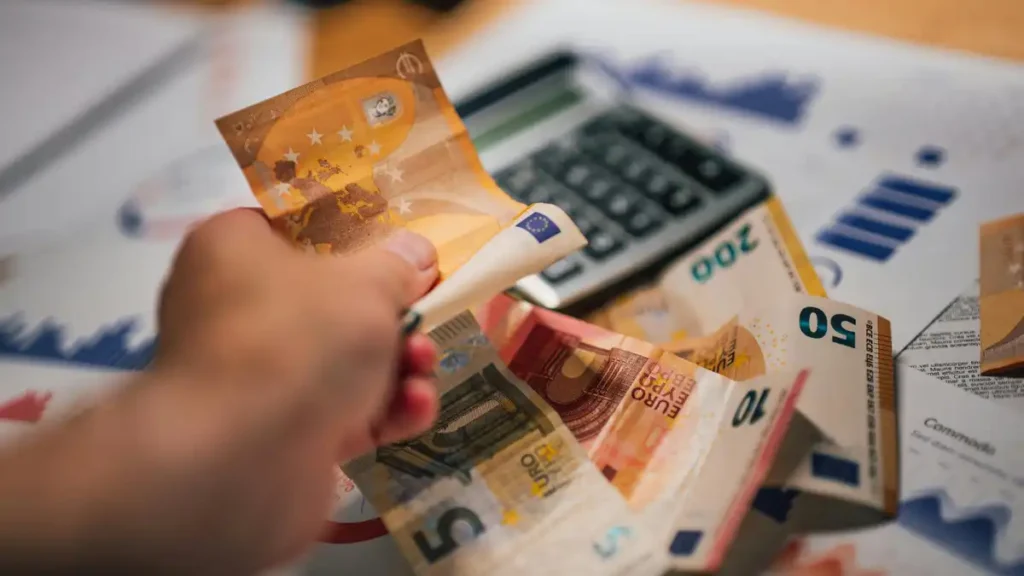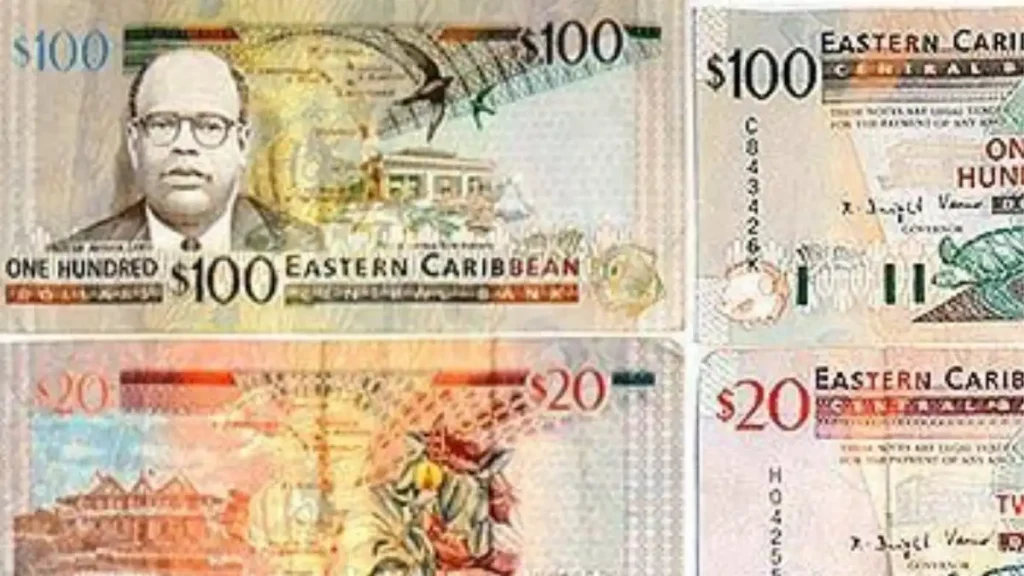Zambia’s vast wilderness, thrilling safaris, and the majestic Victoria Falls make it a dream destination for adventure seekers – but handling money in Zambia and understanding how currency works is key to a stress-free trip. Whether you’re exploring national parks, booking local tours, or shopping in Lusaka’s markets, knowing how to pay is crucial. This guide outlines what currency to bring, the best ways to get money and currency in Zambia (Zambian Kwacha – ZMW), cash safety tips, and essential dos and don’ts. With this knowledge, you’ll avoid hidden fees and travel Zambia with confidence.
How to pay in Zambia – cash or card?
In Zambia, cash is still the most common payment method, especially outside major cities. In cities like Lusaka and Livingstone, Visa and Mastercard are accepted at major hotels, restaurants, and supermarkets. Outside tourist zones – or in rural areas – cash is essential. Mobile wallets like MTN Mobile Money, Airtel Money, and Zamtel Kwacha are popular among locals and can be handy if set up with a local number but otherwise, you will need cash for most purposes. The Zambian kwacha (ZMW) is the official currency.
You can use cash for:
- Public Transportation: Buses, minibuses, and taxis are cash-only.
- Street Vendors and Markets: Open-air markets and small stalls prefer cash.
- Small Businesses: Family-run shops, cafés, and lodges in rural areas often require cash.
- Hostels and Guesthouses: Many budget accommodations operate on cash.
- Tips and Gratuities: Cash tips are expected for guides, drivers, and hotel staff.
- Rural Areas: Card facilities are rare outside urban centers.
You can use card for:
- Hotels: Mid- to high-end hotels in Lusaka, Livingstone, and major tourist areas accept cards.
- Restaurants: Many urban dining spots accept cards, but it’s best to check first.
- Retail Stores: Larger supermarkets and malls take cards.
- Car Rentals and Tours: Established operators typically accept cards.
- Online Bookings: Flights, hotels, and safari packages can often be booked online by card.
What’s the best currency to take to Zambia?
The Zambian Kwacha (ZMW) is the official and only legal currency in Zambia. It’s the best currency to use for all purchases, from local markets to national parks.
USD is sometimes accepted in tourist-heavy areas like Victoria Falls or for hotel payments, but exchange rates are usually poor. If you pay in dollars, expect to get change in Kwacha – often at unfavorable rates.
Where to get currency in Zambia?
There are 3 main ways to get cash in Zambia. They are:
- ATMs, or
- Currency exchange, or
- Money transfer & local pick-up
Types of cards to swipe in Zambia
Visa and Mastercard transactions are commonly accepted for swiping. You might also find some places that accept Amex and other cards, albeit less frequently.
Types of cards at ATMs in Zambia
If you’re withdrawing money in Zambia from an ATM, ATMs commonly accept Visa and Mastercards. However, some of them accept both types of cards and some of them accept only Visa or only Mastercard. Majority of them do not accept other card types such as American Express, Diners, Discover, Rupay, CUP, JCB, Maestro cards.
Should I exchange money before travelling to Zambia?
It’s a good idea to bring a small amount of Zambian Kwacha (ZMW) before traveling, but it’s not widely available abroad. A more practical option is to bring USD or EUR in cash and exchange it upon arrival.
ATMs are widely available in Lusaka, Livingstone, and other major towns, and typically accept Visa (more reliably than Mastercard). However, ATM downtime or withdrawal limits can occur, so plan ahead and bring backup cash.
Exchange your foreign currency at banks or licensed forex bureaus for the best rates. Avoid exchanging large sums at the airport unless urgent.
Where to withdraw money in Zambia
You can withdraw money in Zambia at leading bank ATMs in the country. The best ATMs for foreigners to use in Zambia are those owned by popular banks such as:
- Indo-Zambia Bank,
- Access Bank,
- Ecobank, and
- First National Bank.
There are other banks with ATMs that also accept international debit and credit cards.
There are no known Global ATM Alliance member banks or All Points network banks in Zambia.
For a detailed guide, read Cash and ATMs in Zambia.
Where to exchange currency in Zambia
You can exchange currency in Zambia at licensed currency exchange offices and banks branches.
Currency exchange offices: Licensed bureaus like Inter Africa Bureau De Change, Golden Coin Bureau De Change, and Premier Forex Bureau operate in Lusaka, Livingstone, and at airports. These often provide competitive rates, better than hotels.
Banks: Major banks including Stanbic Bank, Zanaco, Barclays (Absa), and First National Bank offer currency exchange during business hours (typically Monday to Friday, 8:30 AM to 3:30 PM).
Pro Tip: Bring USD, GBP, or EUR in clean, new notes for the best exchange rates. Avoid changing money at border crossings or on the street to reduce risk of scams.
You can find good currency exchanges in Zambia using the ATM Fee Saver app – it will guide you to the nearest currency exchange on the map. The app helps you with forex places in 160+ countries, including Zambia. Download now from the App Store or Play Store.
Avoid Airport Exchanges and no-fee exchange offices: They have the highest fees and poorest exchange rates. Wait to get to the city to exchange cash.
Is carrying cash in Zambia safe?
Carrying cash in Zambia requires caution, particularly in cities like Lusaka or Livingstone where petty theft and occasional muggings can occur. Cash is commonly used for many purchases, especially in markets or rural areas, so it’s important to carry it wisely.
To carry cash safely in Zambia:
- Only carry what you need for the day – keep the rest locked in your hotel safe.
- Use a money belt or front-pocket wallet, and avoid handbags in crowded areas.
- Be discreet when handling money in public, especially at ATMs or markets.
- Use ATMs inside malls, banks, or hotels, and avoid withdrawing cash after dark.
- Carry small denominations for taxis, tips, and local purchases – vendors often lack change.
- Stay alert in bus stations, downtown areas, and open-air markets.
Is it better to use debit or credit cards or pay by cash in Zambia
Use a card if it is fee-free i.e. your bank does not charge any fees to swipe the card, when the merchant / POS also does not impose any extra charge to use a card, you need to use the insurance of the card, don’t want to block cash of large purchases and card’s swipe fees are lower than withdrawal fees.
Pay by cash by withdrawing cash from ATM or exchanging currency where – fees on ATM withdrawals are lesser than fees on swiping cards, you don’t want to leave any digital footprint of your expenses, it is convenient and easier to conduct transactions.
